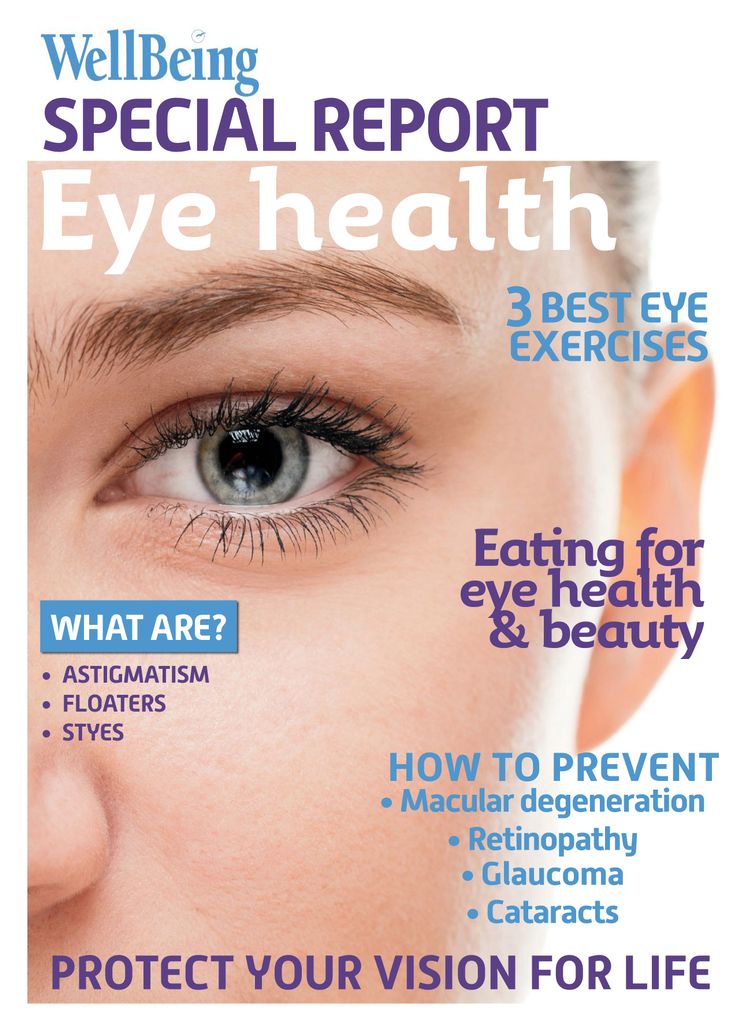


We are providers for Medicare, Anthem, Blue Cross, and many others. There are many medical insurances that we accept and for whom we are network providers.
#Health net eye coverage full#
Virtually all other vision plans will allow you to receive "out-of-network" services from us and you may submit our receipt for full or partial reimbursement (depending on your coverage) from your plan. *Some, but not every, Secure Horizons, SCAN, AARP, and HealthCare Partners plans. A partial list of the vision plans we accept are: We accept many vision insurance plans in our office.

They are different in many respects, the main difference being that vision insurance covers only exams and products (glasses, sunglasses, contact lenses) related to correcting your visual system in order to get you to see clearly, while medical insurance will cover exams related to problems related to the health of the eye, such as cataracts, red eyes, glaucoma, as well as many other acute and chronic problems. It does, however, emphasize the importance of access to health services and information as a basic human right.There are two types of insurance we accept in our office, vision insurance, and medical insurance. Every country has a different path to achieving UHC and deciding what to cover based on the needs of their people and the resources at hand.
#Health net eye coverage free#
UHC does not mean free access to every possible health service for every person. This work is supported by normative guidance and agreements data, research and innovation and leadership in the realms of diplomacy, advocacy, gender equality, health equity and human rights, multisectoral action, and finance. In more robust health system settings, we drive public health impact towards health coverage for all through policy dialogue for the systems of the future and strategic support to improve performance. In countries with fragile health systems, we focus on technical assistance to build national institutions and service delivery to fill critical gaps in emergencies. WHO identifies achieving universal coverage as a strategic priority, with the goal of 1 billion more people benefitting from universal health coverage by 2023. They focus not only on preventing and treating disease and illness, but also on helping to improve well-being and quality of life. Good health systems are rooted in the communities they serve. Universal health coverage should be based on strong, people-centred primary health care. To make health for all a reality, we need: individuals and communities who have access to high quality health services so that they take care of their own health and the health of their families skilled health workers providing quality, people-centred care and policy-makers committed to investing in universal health coverage. About 100 million people are pushed into extreme poverty each year because of out-of-pocket spending on health. It includes the full range of essential health services, from health promotion to prevention, treatment, rehabilitation, and palliative care.Ĭurrently, at least half of the people in the world do not receive the health services they need. Universal health coverage means that all people have access to the health services they need, when and where they need them, without financial hardship.


 0 kommentar(er)
0 kommentar(er)
